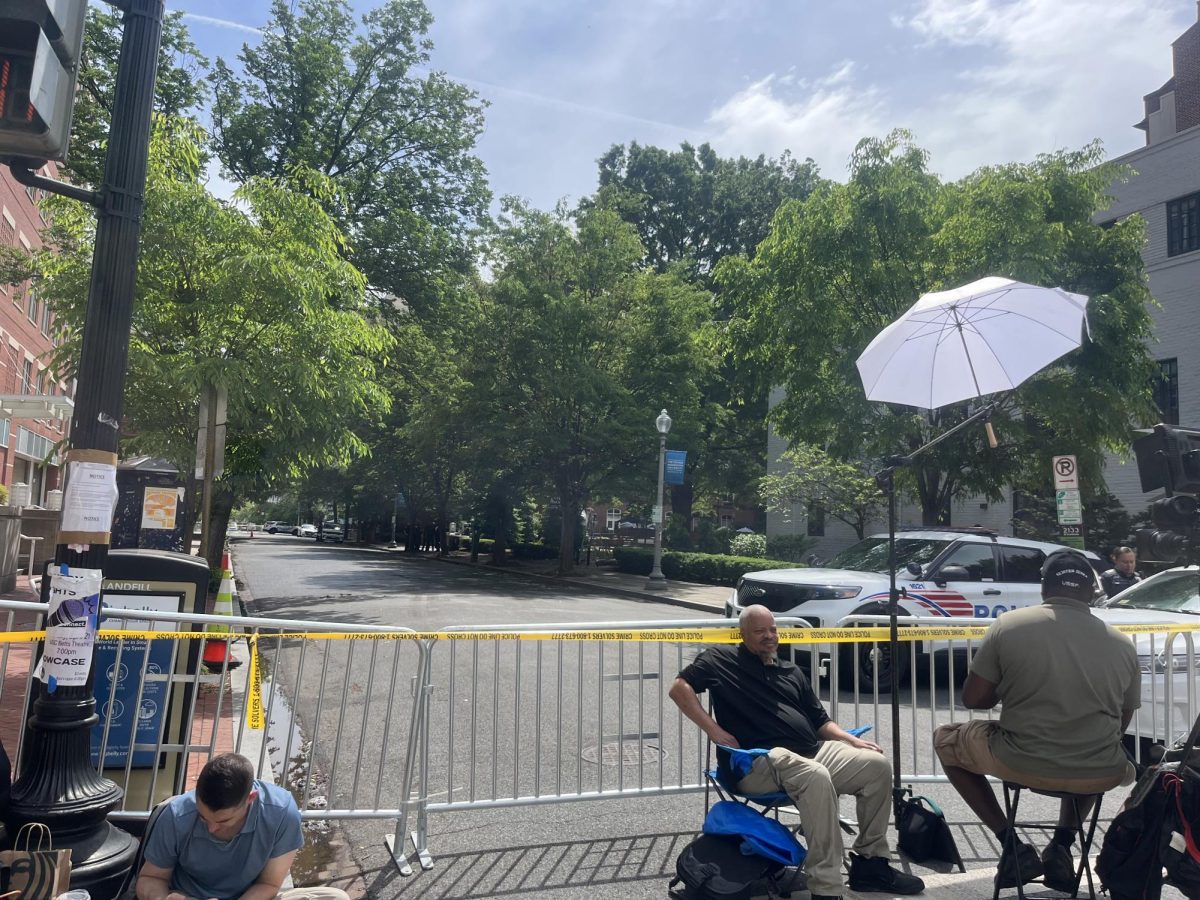Who knew the alphabetical order that students line up in during their early years may affect the way they make decisions for the rest of their lives?
According to a paper recently released by the Journal of Consumer Research, the first letter of an individual’s last name may have a significant effect on how quickly they react to various opportunities. Kurt Carlson an assistant professor in the McDonough School of Business, and Jacqueline Conard of Belmont University collaborated to write “The Last Name Effect: How Last Name Influences Acquisition Timing,” a paper published online this month, which shows a correlation between a person’s last name and their response time when offered something they desire.
On average, people with a surname that falls later on an alphabetical list consistently respond to opportunity more quickly than those whose name begins with a letter coming earlier in the alphabet. Carlson became interested in doing research on the “last name effect,” as he and Conard dubbed this phenomenon, when he noticed an odd pattern while tracking the job placements of marketing doctorate degree candidates. When looking at two annual surveys that announced the names of people reporting job placement, Carlson saw that the second survey, released a month later than the first, had far more names added that began with a letter early in the alphabet.
When he observed a similar pattern the next year, Carlson decided the pattern was probably not a coincidence. “Any time I see data that doesn’t make sense, I think to myself there must be a rule governing it, or it’s just a fantastic coincidence,” Carlson said.
Carlson and Conard conducted a number of studies designed to compare how quickly people responded to offers based on their last name. After each experiment, the amount of time it took people to respond to the offers via email was recorded. Carlson and Conard found that when the alphabet was divided into thirds, people whose surname’s first letter fell in the last third of the alphabet responded the most quickly, followed by people with a surname in the middle third and then by people whose last name began with a letter in the first third.
Carlson believes the trend is a result of the custom of sorting children alphabetically from a young age. Because students whose surnames fall at the end of the alphabet are accustomed to being last, they tend to act on opportunities earlier to correct for the inequity.
“There may be situations where expediency serves you well, and there may be situations where it serves you rather poorly,” Carlson said. “And if you can make your decisions based upon that as opposed to the tendency developed in childhood, I think you would be
better off.”








